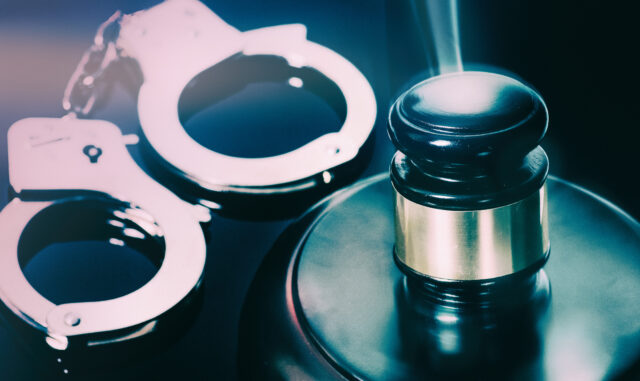Driving while intoxicated (DWI) is a serious offense in Texas. For many individuals, the most immediate concern after a DWI arrest is how long their driver’s license will be suspended. Losing the ability to drive can significantly impact daily life, from commuting to work to fulfilling family obligations. Read this blog and reach out to a seasoned Dallas DWI lawyer from our firm to learn about how long you may lose your license for a first-offense DWI in Texas and how we can help you fight your charges.
What is a First-Offense DWI in Texas?
A first-offense DWI in Texas is defined as operating a motor vehicle in a public place while intoxicated, which typically means having a blood alcohol concentration (BAC) of 0.08% or higher, or lacking the normal use of mental or physical faculties due to alcohol or drugs.
It’s important to note that Texas law doesn’t differentiate between alcohol and drug intoxication; either can result in a DWI charge. The penalties for a first-offense DWI are less severe than for repeat offenses, but they are still significant and can affect various aspects of your life.
Texas imposes a range of penalties for a first-offense DWI, including fines, community service, alcohol education classes, and potential jail time. However, one of the most impactful penalties for many people is the suspension of their driver’s license. The length of this suspension can vary based on several factors, including whether you refused to submit to a chemical test or if you have any prior alcohol-related contacts with law enforcement, even if those did not result in a DWI conviction.
How Long Can I Lose My License for a First-Offense DWI?
For a first-offense DWI in Texas, the driver’s license suspension period typically ranges from 90 days to one year. This duration depends on whether the individual submitted to a breath or blood test at the time of the arrest. If you agreed to take a breath or blood test and your BAC was over the legal limit, the standard suspension period is usually around 90 days. However, if you refused to take the test, the suspension could be longer, generally up to 180 days. Texas law operates under the “implied consent” rule, meaning that by driving on Texas roads, you’ve already consented to submit to chemical testing if a law enforcement officer suspects you of driving under the influence.
The suspension isn’t automatic; you do have the right to challenge it. Upon arrest, you have 15 days to request an Administrative License Revocation (ALR) hearing. This hearing is your opportunity to contest the suspension and present evidence, such as procedural errors during your arrest or issues with the chemical test. If you do not request a hearing within 15 days, your license suspension will begin automatically, typically 40 days after the arrest.
Can I Still Drive If My License is Suspended?
If your license is suspended due to a DWI, you may still have options for limited driving privileges. Texas allows for something called an Occupational Driver’s License (ODL), which permits you to drive to specific locations such as work, school, or essential household responsibilities. To obtain an ODL, you must petition the court, demonstrate a need for driving privileges, and meet specific conditions, such as installing an ignition interlock device in your vehicle or providing proof of financial responsibility, often through higher auto insurance premiums known as an SR-22.
Ultimately, if you’ve been arrested for a first-offense DWI in Texas, taking immediate action is critical. Hiring an experienced criminal defense attorney is often the best first step. Our firm stands ready to fight for you and your future, every step of the way. Contact Spangler Law today.



